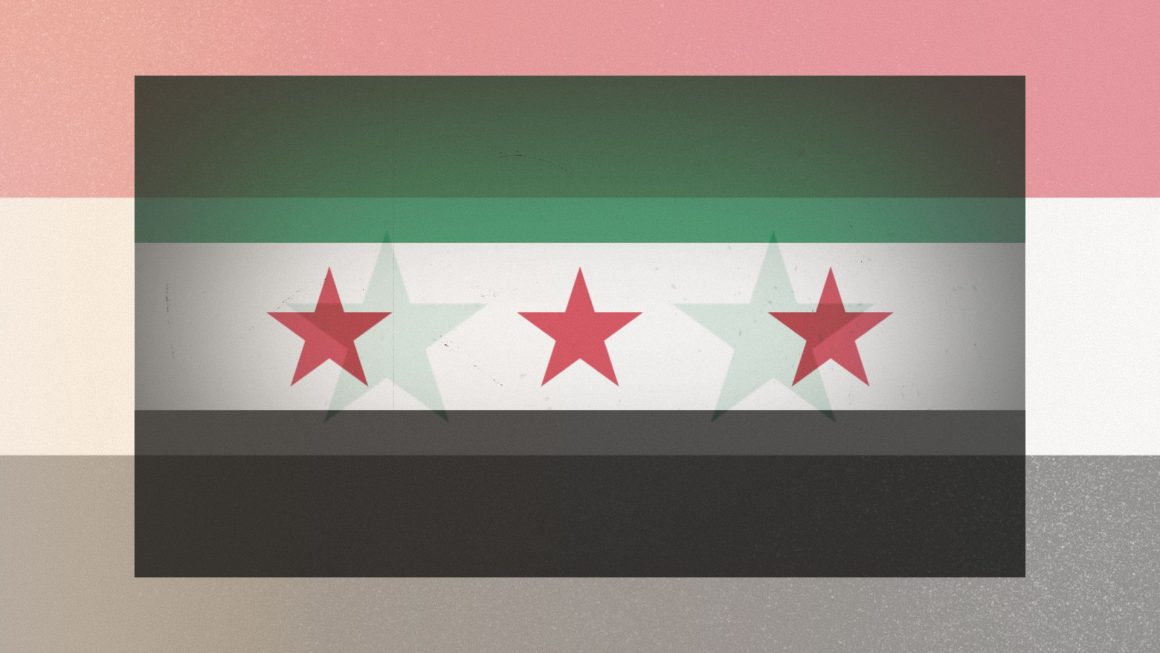Friday, 13 December 2024 was celebrated as Victory Day by Syrians in Damascus and other parts of the war-torn country. After fourteen years of bloody civil war, this was a surprising new turn – surprising both in terms of the speed at which it happened and its overall peaceful character. Bashar al-Assad’s government imploded and its previously fearsome military forces vanished into thin air, mounting no resistance to the advancing rebels. The former President and his family took refuge in Russia, while the strings of power in Damascus passed to the de facto new supreme leader, Abu Mohammad al-Jolani, who heads Hayat Tahrir al-Sham (HTS).
Western media at least have been broadcasting statements by jubilant Syrians expressing hope for a better future for their country. Videos of the formerly luxurious al-Assad palace, now ransacked, are juxtaposed with scenes of torture and death from the fallen regime’s prisons. One cannot but think of the fall of other dictators in the same region, namely Saddam Hussein and Muammar Gaddafi. Al-Assad may have avoided the dramatic capture and death that the other two suffered but only time will tell whether Syria will be spared the fates of Iraq and Libya.
There are some positive signs in the apparent absence of retribution killings, the call to civil servants to continue with their work rather than purging them, the assurances of fairness and inclusion given to all Syrian communities. External powers, their media included, have to contribute their share towards this happening, rather than pit the various factions against each other for their own partial interests. The Israeli army advance in the Golan Heights and its takeover of positions vacated by the Syrian army, is not a good sign and should be reversed immediately, allowing the international observers of the UN Disengagement Observer Force (UNDOF) to do their job in the area.
Instead of carving out parts of the country, interested powers like Iran, Israel, Russia, Tûrkiye and the US should support the UN Special Envoy for Syria to bring the Syrian factions together for a really new and inclusive start for the country. There is a process in place for that, already since the first years of the Syrian civil war that started in 2011, and has seen such mediators in the past like former UN Secretary-General Kofi Annan. In his capacity as Joint Special Envoy for the UN and the League of Arab States for Syria, Mr. Annan “put together a six-point plan, calling for an end to violence, access for humanitarian agencies, the release of detainees, the start of inclusive political dialogue, and unrestricted access for the international media”, which was subsequently endorsed by the UN Security Council through the adoption of resolutions 2042 and 2043.
Quoting Mr. Pedersen, what is for sure is that “we are still in what we called a very fluid period and things have not settled. There is a real opportunity for change, but this opportunity needs to be grasped by the Syrians themselves and supported by the UN and the international community.” The motives and intentions of Mr. al-Jolani and the HTS, designated as a terrorist organization by the UN Security Council on the basis of its past record, are not known. Neither are known the motives and intentions of other Syrian factions. While the interests of neighbouring and other intervening countries may be more transparent, the tactics they are going to use, their alliances with local groups and their ultimate direct involvement or not are not clear either.
In any case, external actors should resist the temptation to impose their own model of government, or choose the people they like to govern, from the Syrian diasporas in their respective countries or otherwise. The bet for all these players and the international community as a whole is to avoid the sirens of partial interests and facilitate home-grown solutions tested for moderation and legitimacy. As for the Syrians themselves, they should realize their responsibilities at this make-or-break moment in the country’s history, use good practices from other countries in similar transitions, and keep away from bad practices.
Whether Mr. al-Jolani has had a “Saul on the road to Damascus” transformative experience, or not, whether his wearing Western clothes or his giving interviews to grateful Western media means something, or not, the proof of his intentions and those who support him can only be judged by his actions, over a period of time. That time should be framed by the UN-led process, in which all domestic and foreign actors should participate with a sense of great responsibility.



